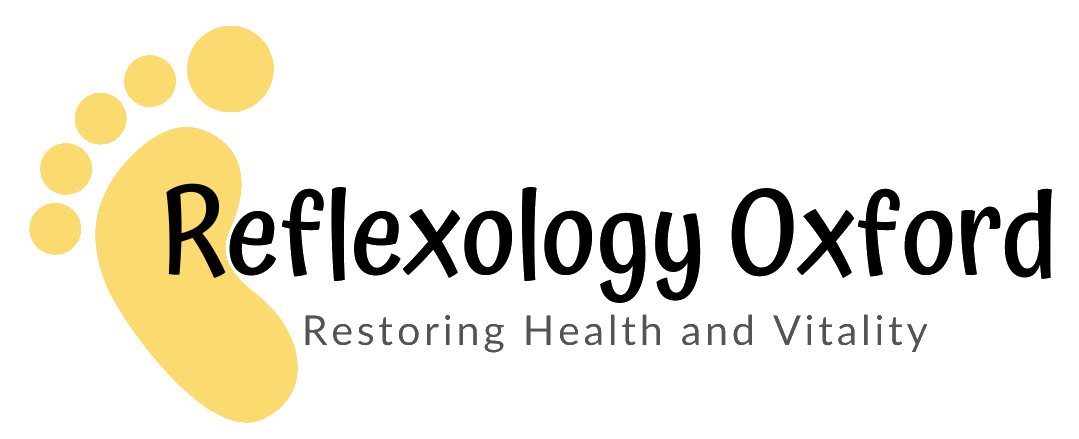The feel-good treatment has been practiced for centuries — and for good reason.
How Does Foot Reflexology helps with Brain fog and Menopause?


Regular reflexology sessions create a familiarity with what true relaxation feels like. This familiarity gives us a baseline sensation that we can return to more rapidly during the menopause
Some small steps you can take to start tackling the brain fog.
1) Eat a Banana a Day.
Mood swings and depression are among the more challenging Menopause symptoms, so adding bananas to your Menopause diet is a good move. They contain the amino acid tryptophan, a building block of the “feel good” chemical serotonin.
2) Drink 4 Cups of Coffee a Day.
Caffeine from four cups of coffee protects the heart with the help of mitochondria. … A new study shows that a caffeine concentration equivalent to four cups of coffee promotes the movement of a regulatory protein into mitochondria, enhancing their function and protecting cardiovascular cells from damage. Using a good quality coffee is essential. However, don’t forget does can increase the basal body temperature and therefore may increase hot flushes.
3) Try Reflexology once a week.
Reflexology helps you get a good night’s sleep. Sleep helps to protect the brain by allowing it to clear the by-products of thinking that build up during the day (known as neutral waste).
*If symptoms are severe and you don’t feel
yourself then talking your GP or MIND if in the UK is recommended.
These are some resources for more understanding of the symptoms and ways of going smoothly through the menopause
1.The NHS Choices website has a large section on Menopause including managing symptoms. This was my starting point for establishing the reducing stress connection:
Website: https://www.nhs.uk/conditions/menopause/
2.Dr Marilyn Glenville PhD is one of the UK’s leading nutritionists specialising in women’s health.
Website:https://www.marilynglenville.com/
Books: most are listed on her website but I refer to Natural Alternatives to HRT
3.Dr John R Lee MD pioneered the use of progesterone creams for menopausal women. Although he died in 2003, most of his publications are still available and his website has lots of interesting information.
Website:
https://www.johnleemd.com/
4.A Vogel
Hormone Balance Made Simple
What Your Doctor May Not Tell You About Menopause What Your Doctor May Not Tell You About Premenopause



